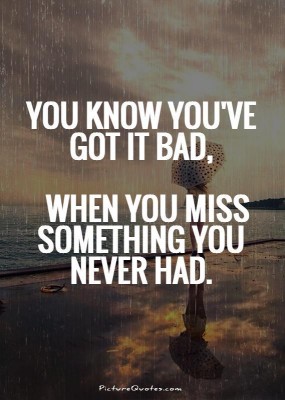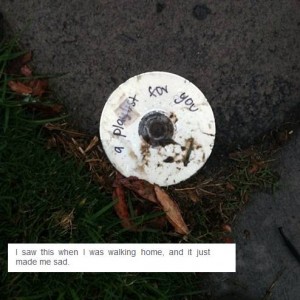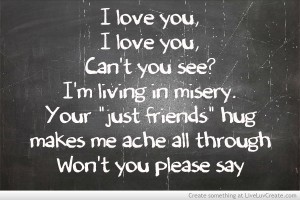 Surprise: I don’t need your gratitude. I don’t want your gratitude. I know what works, and I can find out if it worked for you without ever having to ask you. That’s what you can do with empathy.
Surprise: I don’t need your gratitude. I don’t want your gratitude. I know what works, and I can find out if it worked for you without ever having to ask you. That’s what you can do with empathy.
So why do I encourage you to share? So others can hear that it works? Like a testimonial?
No, neither, but that’s a good idea, maybe I’ll use them as a testimonial!
So why then do I encourage you to share publicly?
Because when you share what you do, in a particular way, then your word becomes, temporarily, Word, that gives you beingness.
Now, if you are a Landmark Education junkie, meaning you have done a lot of work with Landmark Education, this is not the same for you.
Landmark Education, and gurus that copy some of the methods, make you share results, not what you did.
When you share the result, you
- leave the listener with a magic, unknown path to follow to achieve what you achieved…
- leaves you with a sense of accomplishment, which is the beginning of something that one doesn’t expect: an instant punishment from ego.
The ego, or sometimes your machine, have a vested interest in you staying the same. It has no problem in you doing stuff, but it has a problem with the threat of change.
 A result is a change, and it immediately tips the machine off that you are up to no good, from the machine’s point of view.
A result is a change, and it immediately tips the machine off that you are up to no good, from the machine’s point of view.
But if you share what you do, good, bad, indifferent, then instead of the machine kicking in, your consciousness gets kicked into gear… which is what you want.
Here are two samples of sharing
- I started using the “all is well” context as often as I can remember to (which isn’t nearly often enough, but I’m working on it!) – I’m finding it knocks me onto the vertical and into the present moment.
- I have never felt stronger, calmer, clearer, or healthier, and I owe it to putting your teachings, insights and methods into practice in my life. I use your tools daily, and am trying to do my part.
The first share is specific: the “all is well context. The second share is non-specific, and emphasizes the results (stronger, calmer, etc.) and is vague about what lead to it… tools? Yeah, right.
The first person will get encouragement to use the context “all is well” more, the second person encourages the machine to put a stop to all that nonsense: what do you mean stronger, calmer… noooo!
unless you tread lightly, you’ll get caught and returned to square one
Just like I said in the Mind Parasites article, unless you tread lightly, you’ll get caught and returned to square one… unless you are sent to jail (Monopoly language, sorry).
You could consider that life is a game, with invisible sinister players, and invisible supportive players.
The more you know the game, the more you avoid the pitfalls the sinister players, like the machine set for you, and the more you activate the supportive players, like beingness.
Life is a game. The person with the most distinctions wins.
Distinctions are special knowledge: you can’t read something, understand something, and have a distinction. Distinctions are earned, because to get the distinction you need to change something about yourself: how you look, where you look, how aware you are, how much of what is visible you see, etc.
Few or no distinctions? Erroneous distinctions? You make mistakes after mistakes. Because you don’t know.
My whole work is based on distinctions, digging out distinctions, distinguishing, deepening distinctions. The work is never done.
 I just realized, today, that the distinction: unrequited love, has been totally invisible to me, I didn’t even see it as a distinction when it was in front of me, in a book, a movie, in myself.
I just realized, today, that the distinction: unrequited love, has been totally invisible to me, I didn’t even see it as a distinction when it was in front of me, in a book, a movie, in myself.
I won’t talk about it more, because it deserves a whole article, but it could be said that most of you have unrequited love, for love, for peace of mind, for money, wholly based in illusion… illusion inside which it makes sense not to do anything.


